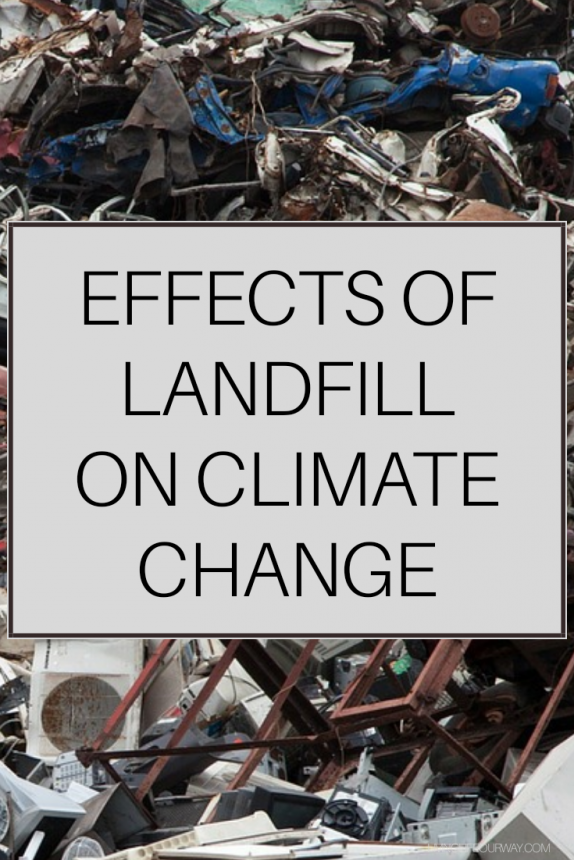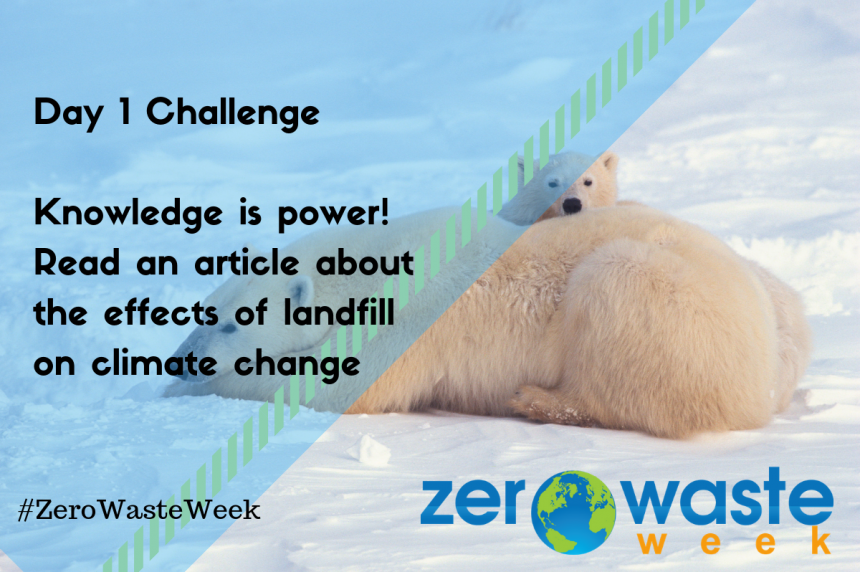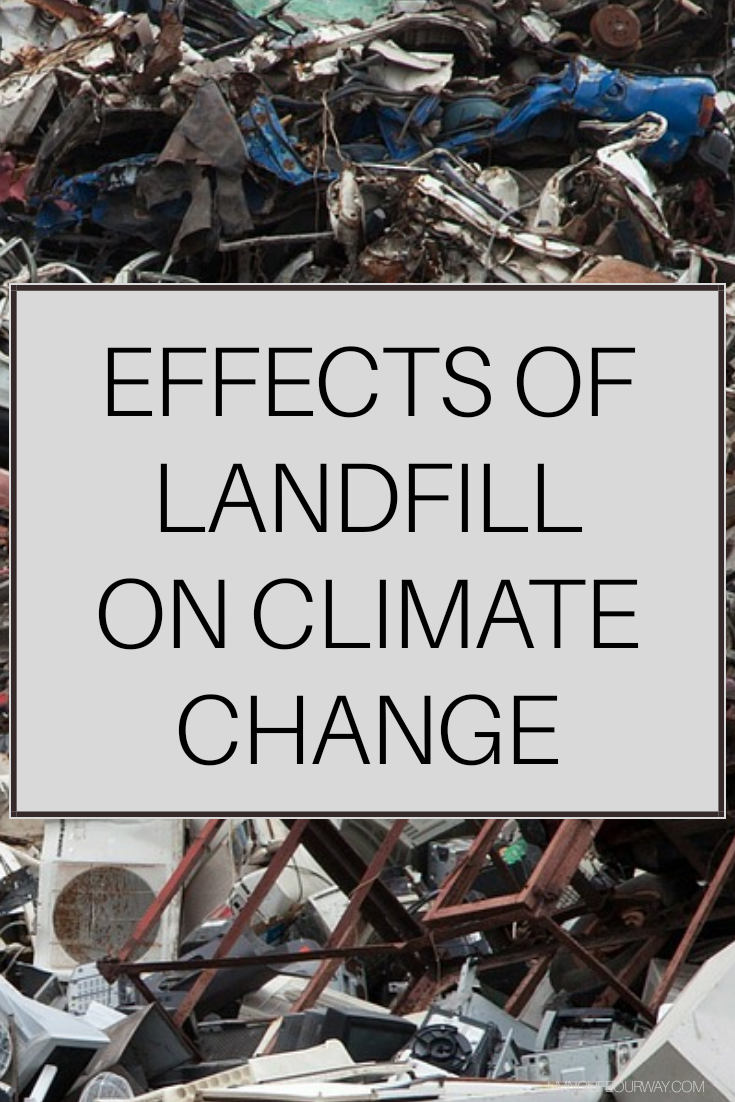Welcome to day one of Zero Waste Week. Knowledge is power! So today’s challenge is to read an article about the effects of landfill on climate change. And I have made it really easy! Just keep reading…

*The rest of this post was kindly written by Aaron Green for my blog in support of Zero Waste Week. For more of his posts check out his blog: The Busy Papa*
As part of Earth’s intricately complicated ecosystem, human interaction can and does have a knock-on effect across the whole planet. The way we manage our existence affects the very world we live in. Global warming is a key example of this. Humans are forcing climate change through consumerism, wastefulness, ignorance and lack of respect for our planet. For example, the world produces 2.12 billion tonnes of rubbish annually. This landfill ribbish is a huge factor in climate change; the good news though is that reducing your waste can help tackle climate change!
How Landfills Typically Work
As with all things, I don’t doubt that there are variations but my understanding of a typical landfill is that it works as follows:
A section of land is layered with clay and covered with a flexible sheet of plastic. Drainage is added to catch liquid waste. The rubbish is then added and layered with soil each day until there is no more room to do so. Then more clay and plastic are added.
There are numerous problems with this that should be immediately apparent. For one thing, is there really room to sweep the rubbish of 7 billion people under the rug essentially? The thing is though; that is just one issue.
Another very real problem is the methane produced. The waste isn’t broken down or destroyed, it is just put somewhere. That causes a tremendous amount of methane gas to be produced. It is unsurprising then that landfills are in the top five sources of greenhouse gasses.
The Problem with Methane
The negative effects of landfill on climate change is largely due to methane. Methane gas is significantly more potent than carbon dioxide at absorbing the sun’s heat. Whilst it lingers in the atmosphere less time it does a much more devastating amount of damage. It is supposedly 28 times more powerful. We should strive to reduce our methane output and reducing the amount of trash sent to landfill is a solid step in that direction. I should add that many landfills do employ methane collection techniques; but the effectiveness is debatable and this doesn’t actually resolve the issue.
The Solution
Sadly, there isn’t an obvious one on the larger scale. Disposing of the existing waste is a major concern and overhauling the existing infrastructure is an incredibly complex problem to even comprehend, let alone resolve.
However, on a personal household basis, the zero waste mentality does make a big difference to tackling climate change. Focusing on reusability, and avoiding sending things to landfill (especially food waste), helps to keep methane levels down. Even small steps toward reducing our own landfill waste would make a world of difference to climate change.


